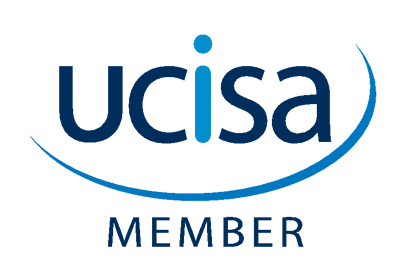In an increasingly competitive sector where the customer is king, call and contact centres now use new technologies, especially artificial intelligence, to support their agents, reduce costs and above all provide an ever-better customer experience.
Why use AI in call/contact centres?
AI is a set of software solutions, software agents and bots of a formidable efficiency. Any company will be able to benefit and although the initial costs associated with adding AI and automatic learning in contact centres may seem high, the return on investment can make it worthwhile.
Of course, human contact and interactions remain absolutely necessary to ensure customer satisfaction. That’s why it’s essential to combine artificial and human intelligence.
AI’s objective is, therefore, to virtualise the most systematic and basic tasks in order to enhance the roles and performance of agents. It helps your agents to minimise errors and speed up processes and response times. You can also combine your agents’ abilities with intelligent assistance in order to reduce the number of calls directed to the after-sales service, ultimately significantly decreasing the waiting times for callers.
The chatbot, a new tool to improve customer experience
AI will revolutionise customer experience during the whole buying process, before, during and after-sale, if the customer needs support or information. The chatbot allows the customer to find more personalised answers to their questions almost immediately, 24/7. By creating a climate of trust and easy dialogue between a brand and a customer, the chatbot is the ideal replacement of an FAQ section on a website.
Chatbots can provide both technical information and personalised support. This tool, generated by artificial intelligence, creates thousands of automatic response combinations based on the words used in the question. It allows chatbots to carry out a real conversation with a customer on the Internet, often directly on a company or retailer website. The answers are automated, but the relationship is very real and the benefits for the brand, the customers and contact centres are very positive.
An improved performance, beneficial for both the customer and the agent
AI optimizes agent tasks and performance
AI can simplify flows in contact centres. It collects information, provides context for better and swift interactions, and allows agents to know what the call is about and how to resolve it. This context provided by AI allows calls to be routed to available agents who have the skills required to resolve this issue quickly. This tool significantly reduces stress and boosts the agents’ confidence, as they only get assigned calls and questions to which they are qualified to reply. It also significantly reduces call times and call transfers between agents, ensuring an easier and more satisfying customer experience
Task automation allowing faster work
AI can now play an important role in the experience and retention of agents. For young people, interacting with a sophisticated chatbot is natural and sometimes even preferred to having to call someone. Chatbots, as seen above, can, therefore, relieve agents, allowing them to focus on more complex issues. AI can also automatically complete forms after calls to reduce the administrative burden on agents, allowing them more time to speak to customers. Thanks to this tool, call centres agents will feel less anxious, happier and will be stronger and more loyal elements in a company.
Recommendations to help agents even in the most delicate situations
The analysis of data sets allows AI to refine estimates of the number of calls in a future period. It is, therefore, possible to better assign agents to the most appropriate tasks. AI can considerably improve the centre’s performance by analysing agent interactions and making recommendations. Through voice analysis, AI can determine if a client is stressed and provide language elements and advice to the agent in order to better manage the call.
Thanks to AI, call centres can comb through all their call data and identify which interactions have been the most effective. This tool can help implement new tactics and practices throughout the whole contact centre, leading to better and more satisfying customer experience.





